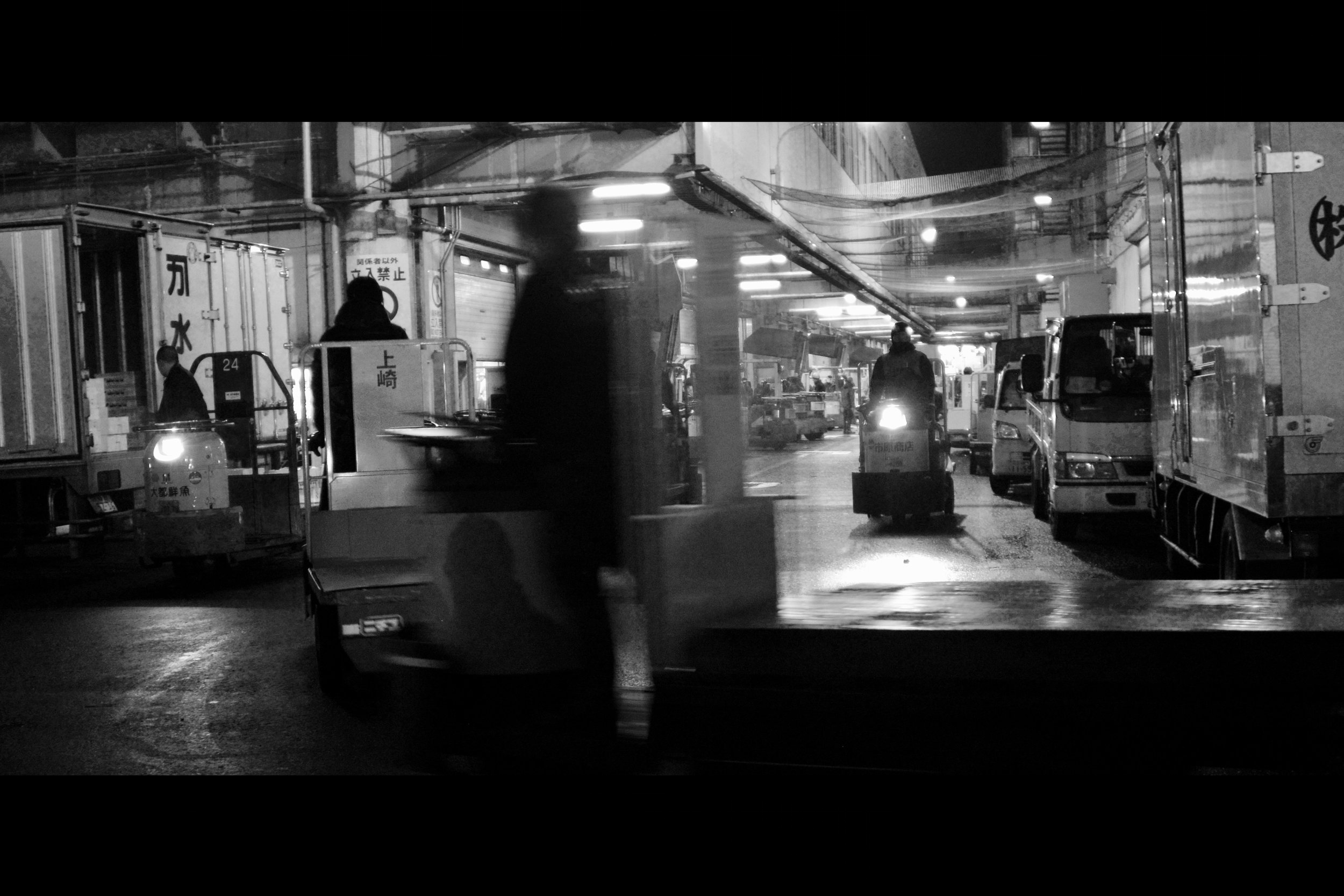Chirashi is not Pokē

With the pokē craze spreading from Hawaii back to the mainland, I got tired of the hipster-splaining. Some slightly soused hipster tried convincing me that pokē is a kind of chirashi. It is NOT.
Chirashi sushi is from Japan and comes in many forms. Japanese cuisine emphasizes no waste. Bits of different fish left over from making platters of sashimi or nigiri are used to make another dish. It comes from the word 散らす, chi-ra-su, translated as "to scatter." Makes sense right?
More often than not the chirashi sushi you see in Tokyo and California is Edomae Chirashi Sushi (江戸前ちらし寿司). It will be a colorful bowl of sashimi placed over a bed of sushi rice. Edo refers to the Tokyo area. Sushi rice is made with vinegar, salt, and sugar. It is seasoned rice, not plain. If you visit Tsukiji's famous shops, when you sit down, more often than not they will hand you an album of photos of different sashimi chirashi.
Chirashi sushi could include cooked items like bits of crab, eel, lotus root, yam, and nori. Or, it could be entirely vegetarian, again atop sushi rice. If you like to travel to Osaka or Kyoto, more likely than not people would call this type of chirashi, bara sushi (ばら寿司), to distinguish it from sashimi sushi.
This is one of my favorite types of chirashi:
Snow crab, ikura and egg!
As a quick aside, in my travels to Singapore or Hong Kong, I find my chirashi is typically served in this manner. Singapore Airlines "Book the Cook" used to present theirs with shredded egg, imitation crab, salmon, and octopus. More recently, they have upscaled their presentation using larger slices of sashimi, grilled unagi, raw shrimp and seared scallops.
Now back to Pokē (pronounced 'poh-kay'), which is from Hawaii. This is essentially a raw fish salad composed of ahi tuna with green onions, onions or perhaps octopus. When made outside the home, more often than not, it is over seasoned with soy and sesame oil. It can also be served on a bed of rice, but just everywhere I have been to uses plain rice.
Don't get me wrong, I love both. But there are two very very different animals.
Kent is a management consultant who has spent years traveling for work. His refuge is looking for the perfect meal so that he can reproduce it at home with his wife and friends.





